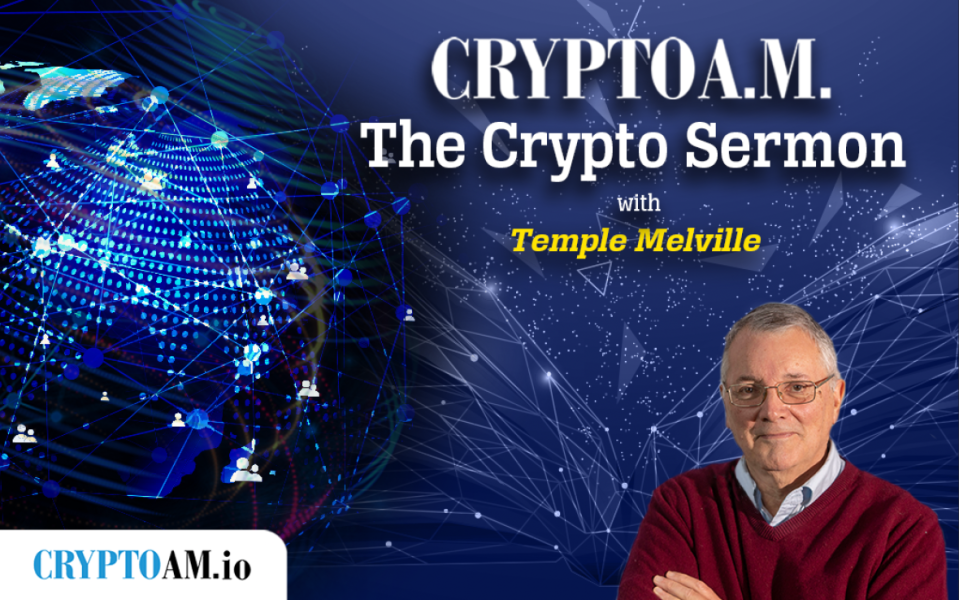Is ‘China’s century’ quickly becoming India’s?

Some of you may recall that we are currently in what was dubbed “China’s century”. How well is that going, do you think?
I’m sure most will recall the ‘one child’ policy instituted in 1980. That is now coming home to roost in spades (sorry for the mixed metaphor).
The overall effect is that there are many fewer females of child-bearing age than there used to be. China is still massively populated with 1.4 billion citizens. Currently, some 10-11 million die every year, though that figure is rising as the population ages.
Not so long ago there were about 12 million births per year, but that has already fallen below 10 million and, demographically speaking, it is certain it will fall further. The net result is the present populace will halve by the end of the century – a substantial drop of 700 million people.
That has massive implications for all sorts of things, not least that an increasing share of China’s shrinking population will not be young, thrusting entrepreneurs but older people in need of healthcare in the same way that they are all over the world.
So how to pay for them? Fewer younger people means fewer funders of the elderly. Link that to the likes of Evergrande and a myriad of property and banking problems and there is less and less money to go around.
In any other jurisdiction, Evergrande would long ago have been ‘sunsetted’ – a euphemism for liquidated. But in China, what the State says goes, and currently it says to keep the company alive.
The fly in the ointment is the relatively small amounts due to foreign investors, who are currently about to go to court in Hong Kong to try to sell some real, non-Chinese assets to get their money back. How that plays out will tell us a lot about what the devastation caused by Evergrande and its like means in the long term. Face is always important in China.
The passing of Li Keqiang, formerly China’s second-ranking leader, will only make the situation even more precarious. He was largely seen as an agent of change, instigating the introduction of market reforms that would lessen the government’s grip on the economy.
And don’t forget Ukraine and Taiwan. International investors have become very wary of investing in areas linked to China, especially as the country appears to have cosied up to Russia.
What this tells us is that India may well be the place to be involved with in the developing world, and inward investment there continues to grow.
But, this column is supposed to be about crypto. So, what is China’s attitude to perhaps the greatest new technology and business opportunity in decades?
Well, the country has to all intents and purposes abandoned it. At one point there was a fear that China would take over Bitcoin mining. Nope. They stopped it so the miners shifted to Kazakhstan and the USA.
The government further prohibited trading and holding crypto, supposedly to prevent financial crime and economic instability, but in reality to stop people taking money out of the country. That in itself tells you how things are going there. It points to even more State intervention and an increasingly directed economy, which will eventually stifle innovation and entrepreneurship.
And what is India’s attitude towards crypto? Is cryptocurrency in India legal or not? This excerpt from a Forbes India article on the country’s Crypto Bill may clear that up: “Cryptocurrencies as a payment medium in India are not regulated by any central authority. There are no rules and regulations or any guidelines laid down for settling disputes while dealing with cryptocurrency. So, trading in cryptocurrency is done at investors’ risk.”
So, it’s a Wild West. But that is so much better as a discovery system than top down, central direction. Don’t be surprised if there are some really wonderful developments in India as far as crypto and blockchain are concerned in the years ahead.
As it happens, I’ve just been asked to help with a new gaming concept dreamt up by a team in India. It already looks like a world-beater and people beyond testers are clamouring for access to the platform. The clever bit is it gives all those people with worthless meme coins something to do with them.
Who knows? Maybe in the future they will actually be able to turn them into something they can buy a coffee with, while holders in China are holding something deemed illegal by their government…
If Crypto AM readers would like to know more about blockchain and crypto, please drop me a note on temple@scotcoinproject.com and I will send you my book on both topics for free.
Temple Melville is CEO of The Scotcoin Project Community Interest Company (CIC)

 Yahoo Finance
Yahoo Finance 